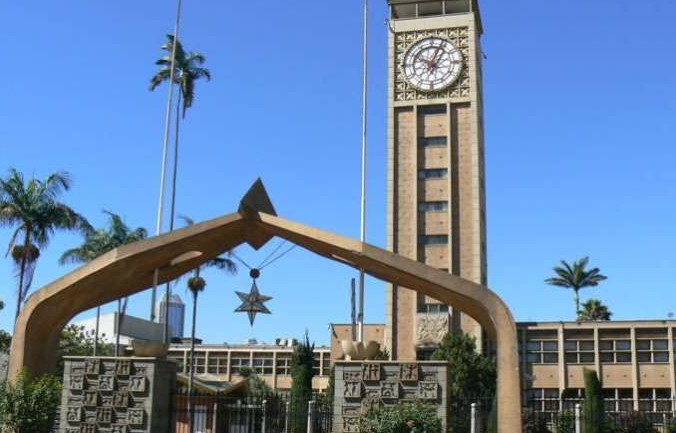The Public Finance Bill 2023 is set to be subjected to public scrutiny before it is tabled in parliament for enactment into law.
National Assembly Majority Leader in National Assembly Kimani Ichungw’a noted that parliament has received tens of petitions and memorandums on the proposed bill to address various particulars the delegated committee will look into.
The finance bill before parliament has proposed several tax measures, including the controversial three per cent housing fund contribution for civil servants to fund the government’s affordable housing agenda.
Further, it proposes harmonising the Value Added Tax on fuel from the current eight per cent to 16 per cent has equally received criticisms from a section of Kenyans who fear that the love will increase the cost of living.
But while addressing participants during the 3rd Annual National Parliamentary Symposium in Naivasha, Ichungw’a said the public views and sentiments will be considered before the bill is enacted into law.
Did you read this?
Ichung’wa termed public participation as a key element of the constitution in ensuring citizens are involved in the budget-making process that addresses how the country’s taxes will be spent.
He said the country has been lauded for entrenching public participation as a key constitutional pillar in the legislative process, budget making, vetting, and other government-led decisions.
The proposed taxes in the bill have received cold waters, with the opposition lawmakers threatening to shoot down the bill in parliament, noting that the taxes will put more burden on Kenyans.
His sentiments were echoed by former Makueni Governor Kibutha Kibwana who termed as crucial the involvement of citizens in deciding how their taxes will be used.
Prof. Kibwana said failure to adequately involved citizens through public participation has seen passed laws being annulled by the courts.
He called on lawmakers and policy experts to enhance the proposed public participation bill that seeks to address gaps and entrench a standard culture of citizen-centric development agendas.
Kibwana said public participation should meet the quantity and quality of ideas and contributions and create more avenues that allow citizens to be at the center of governance.









